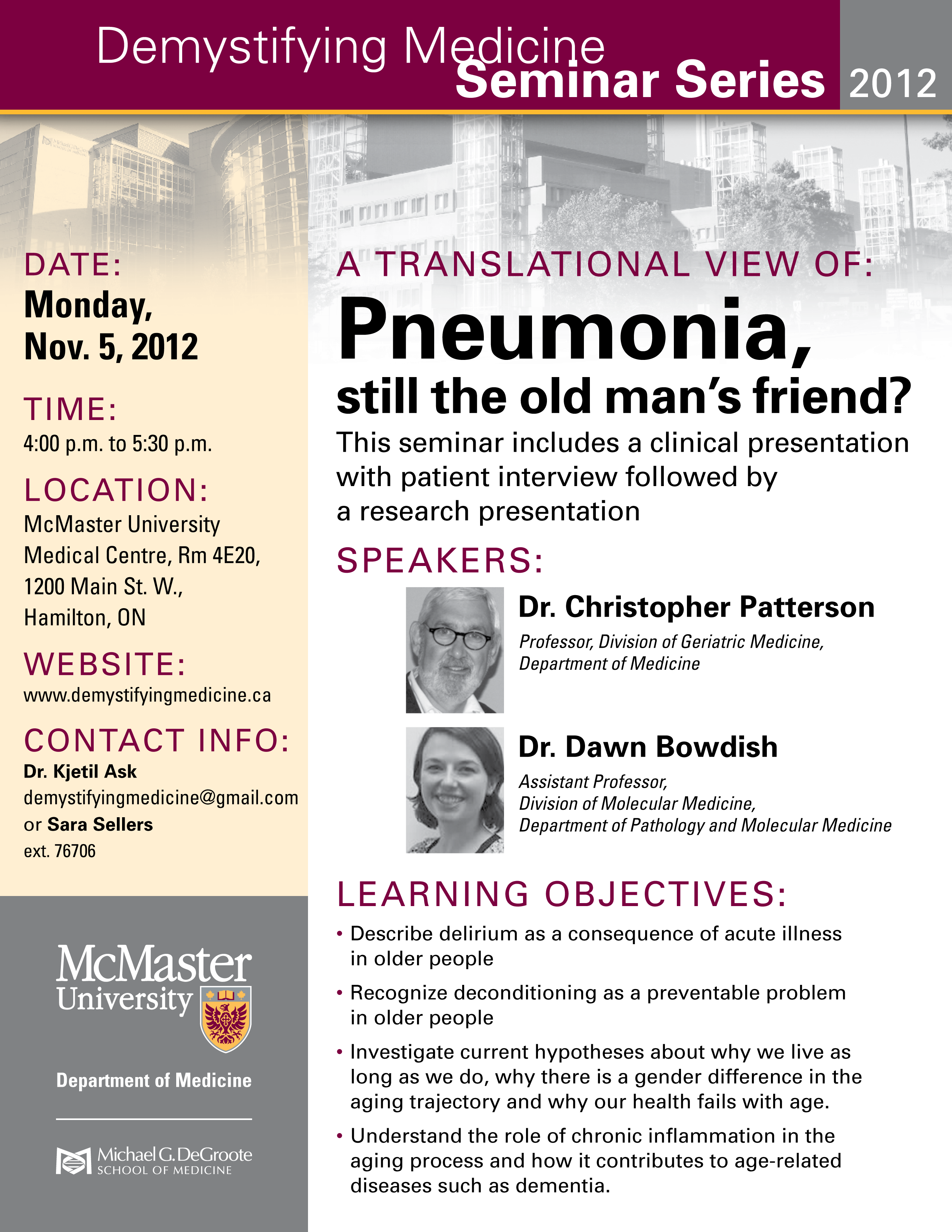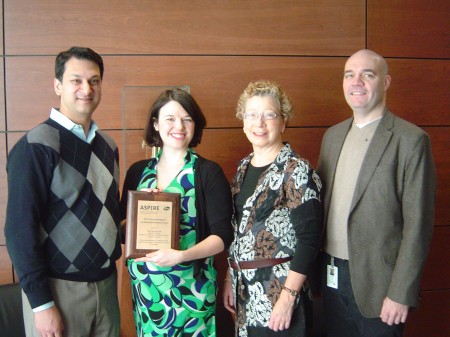Dawn was thrilled to attend the annual Breathe! gala event hosted as a fundraising event for the Ontario Lung Association to receive an award donated by Pfizer Canada and administered by the Ontario Lung association. Not only did it give her a chance to dress up and go out (a rare event!) for an evening of good food and drink but she was inspired to meet some of the spokespeople of the event, including Helene Campbell, who spent her time waiting for a double lung transplant starting an immensely successful social media campaign to increase organ donation, Ann Marie Cerato, a lung cancer survivor and Kayla Baker, a young sarcoidosis patient on a waiting list for a lung transplant. Not only was it inspiring to meet these brave, bold heroes but it was humbling to be in a room full of people whose lives were all touched by the research funded by the Ontario Lung Association.
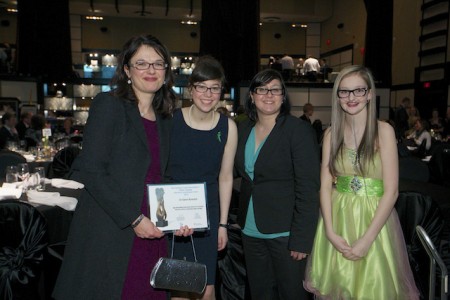
Dawn standing beside the real heros of the event, Helene Campbell, double lung transplant recipient and idiopathic fibrosis patient, Ann Marie Cerato, lung cancer survivor and Kayla Baker sarcoidosis patient waiting for a lung transplant.
So what did Dawn win her award for? You can take a look at the YouTube video here or read on…
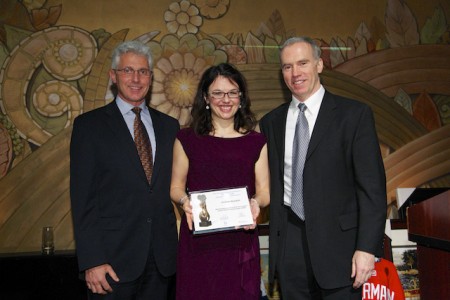
President of Pfizer Canada, John Helou (L) and Dr. John Granton, chair elect of the Ontario Lung Association (R) present Dr. Dawn Bowdish with the OLA-Pfizer Research Award.
Description of research funded by the Ontario Lung Association-Pfizer Ca award
neumonia is the sixth most common cause of death in Canada. The incidence of pneumonia rises steeply in individuals over the age of 65 years and approximately 90% of deaths due to pneumonia occur in the elderly (>65 yrs). Current prevention strategies are inadequate as the vaccination does not prevent pneumonia in most elderly individuals. Recent research from the Bowdish lab demonstrates that one of the reasons the elderly are so susceptible to pneumonia is that their immune systems cannot control the bacteria that normally live in our sinuses. The immune systems of healthy adults can keep the bacteria (Streptococcus pneumoniae) in the sinuses (“pneumococcal carriage”) and eventually clear them, but for reasons we don’t understand, the immune systems of the elderly cannot and as a result the bacteria break through the immune barriers of the sinuses and spread to the lungs, which results in pneumonia.
Although most people think that the elderly get sick because their immune systems “just don’t work”, in fact our data demonstrate that they recruit more white blood cells to the sinuses when they encounter the bacteria that cause pneumonia than healthy adults. Even though they have more white blood cells in the sinuses they don’t seem to be as good at recognizing and killing bacteria. Our goal is to figure out why they have overactive recruitment of white blood cells and why they aren’t as good at killing bacteria as white blood cells from healthy adults.
We have developed what we believe to be the world’s only Aged mouse model of colonization by pneumonia causing bacteria. This allows us to study how the immune system responds to the presence of bacteria in the sinuses in real-time. In addition we have a bank of white blood cells from adults and elderly patients that allow us to confirm the importance of our mouse studies in people.
Hospitalizations and deaths due to pneumonia are unacceptably high in the elderly. This is likely because vaccination of the elderly only does not protect against pneumonia. New methods for preventing infection are urgently required. Our recent data demonstrates that containment and clearance of pneumococcal carriage is impaired in age and results in increased susceptibility to pneumonia; however the mechanisms by which immune control of the sinuses fails remain to be discovered. Prevention of colonization of the sinuses will therefore be essential for control of pneumonia in this population. In order to develop novel therapeutic interventions for the elderly it will be necessary to discover the mechanisms by which bacterial recognition, killing are impaired in the sinuses.
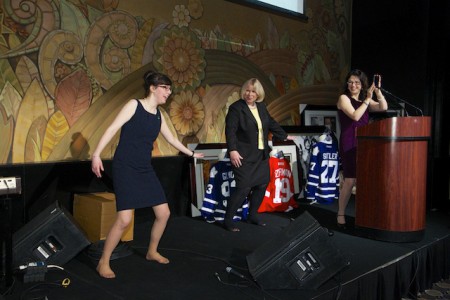
Helene Campbell, conceivably, the most charming woman alive and the recipient of a double lung transplant, leads a dance with the Hon Deborah Mathews (MPP). The music failed so I held my iPod up to the Mike and we played Metric's "Sympathy".





